The demand for eco-friendly cosmetics is increasing worldwide, including in China. Consumers are becoming more environmentally conscious and prioritizing sustainable cosmetics with eco-friendly ingredients and packaging. This reflects a broader trend towards ethical consumerism, with Chinese millennials and Gen-Zs adopting responsible shopping habits.
In this blog post, we will explore how Green Beauty is transforming China’s cosmetic industry, the challenges it faces, and its potential growth opportunities for cosmetic brands. Join us as we uncover how beauty brands are adapting to meet changing consumer demands in China!
Definition Of Green Beauty Cosmetics
Green beauty is becoming more important in an eco-conscious world. It promotes sustainable cosmetics with natural ingredients, ethical practices, and environmentally responsible production methods.
Its potential for positive change in the beauty industry lies in implementing eco-friendly solutions, which can preserve the environment and improve brand image by highlighting corporate social responsibility initiatives.
Moreover, studies have shown that products with natural and effective ingredients offer significant long-term health benefits compared to traditional alternatives brimming with chemicals.
Global Overview Of Green Beauty Trend
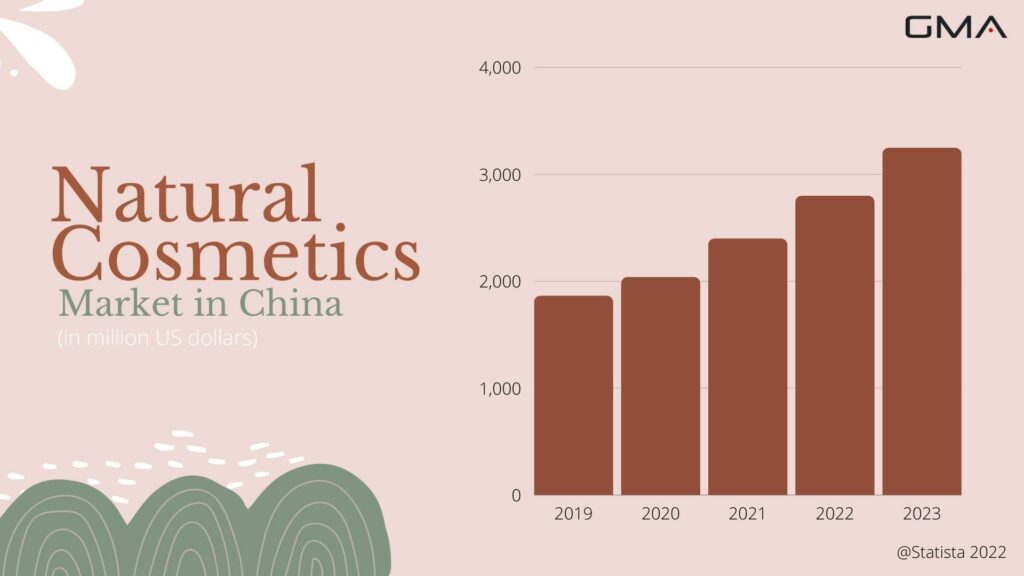
In China, one such trend is the increasing demand for green beauty products in various markets. The concept of green beauty has transformed from a niche movement into a formidable force in the cosmetics industry. It’s important to note that the clean beauty market in China is fairly new and presents great perspectives for growth.
This trend is driven by conscious consumers who are aware of the impact of their purchasing decisions on their health and the environment.
A growing number of people around the globe now seek out eco-friendly cosmetics containing natural ingredients over those filled with harmful chemicals or packaged in non-biodegradable materials.
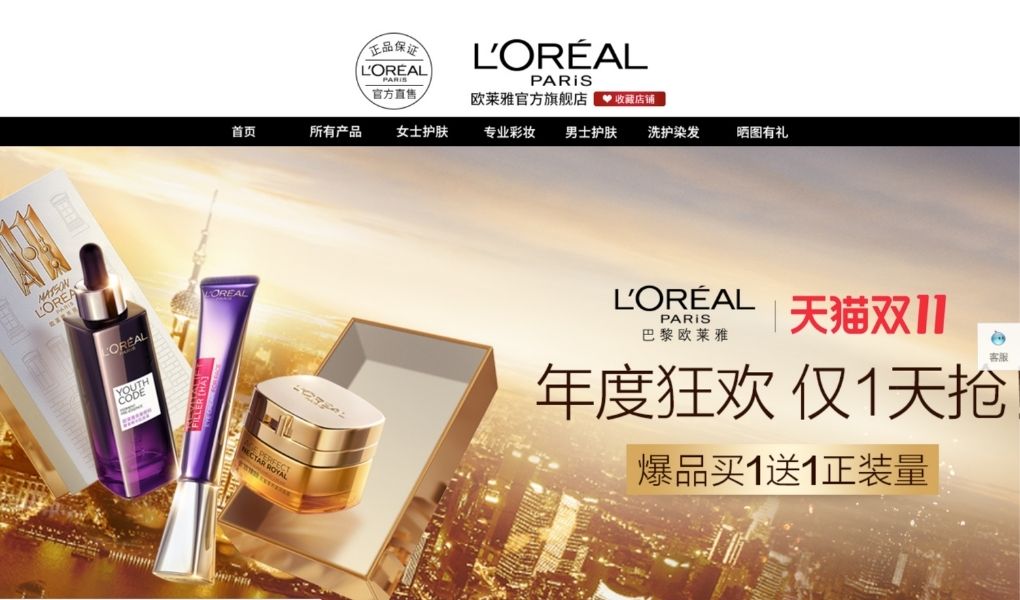
Natural and green products are inevitable trends in the Chinese cosmetics industry
Green beauty has gained momentum in China with the increasing demand for sustainable and eco-friendly cosmetics, leading to a significant impact on the country’s cosmetic industry.
The Impact Of The Green Beauty Movement On The Cosmetic Industry In China
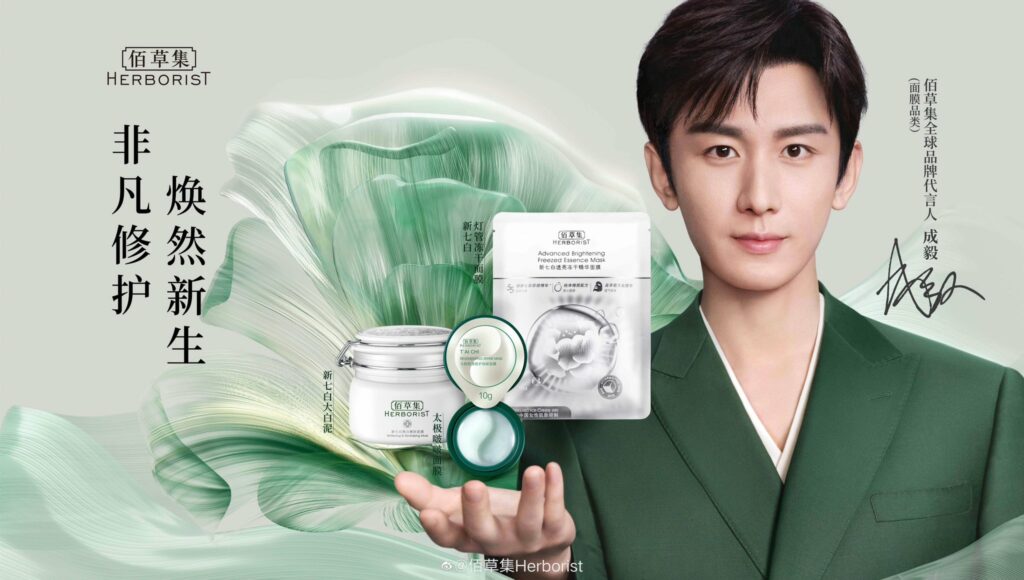
The green beauty trend is becoming popular in China, and it is influencing the cosmetics industry. Consumers are looking for eco-friendly and sustainable beauty and personal products, and companies are responding by creating natural, organic, and ethical solutions.
Skincare products are especially experiencing rapid growth in this area. As more Chinese consumers prioritize environmental awareness and conscious consumption, foreign brands have a chance to enter the market with their reputation for clean and green beauty products.
Public Perception And Adoption Of Green Beauty Products
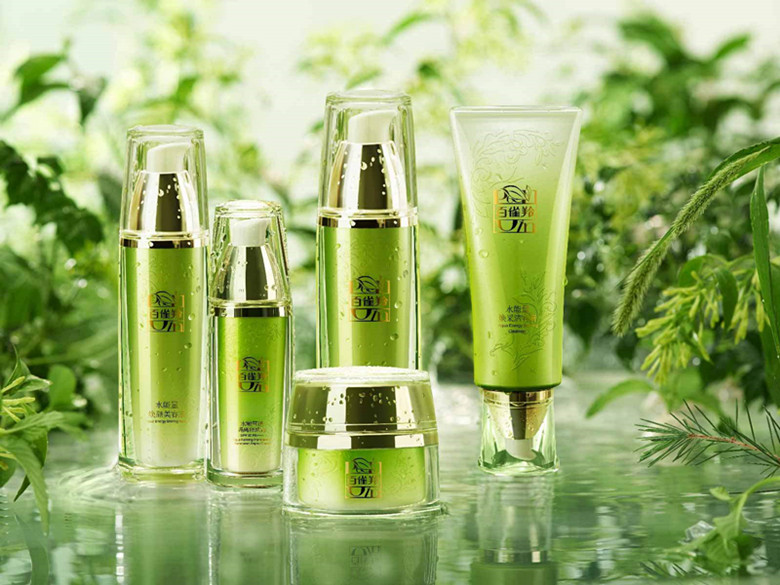
The perception and adoption of green beauty products in China are crucial to understanding as there is increasing environmental awareness among consumers. This has resulted in a surge in demand for sustainable and clean beauty products, with green skincare products being the fastest-growing segment in the cosmetics industry.
As a result, companies are developing more eco-friendly solutions, such as natural ingredients and biodegradable packaging, to cater to this trend.
It’s important to note that younger generations, specifically Millennials, and Gen-Zs, are leading this shift towards a more sustainable lifestyle. They are ethically responsible for the environment and are willing to pay premium prices for eco-friendly products that align with their values.
Focus On Unique Chinese Ingredients
The sustainable cosmetics market in China is witnessing an exciting trend of incorporating unique Chinese ingredients. Chinese consumers are increasingly interested in traditional herbs and botanicals used in ancient Chinese medicine for skincare, such as ginseng and goji berries.
Local brands are also incorporating natural ingredients from different regions of China, like bamboo charcoal and lotus seed extract. This trend presents an opportunity for foreign brands to explore locally-sourced ingredients that align with their eco-friendly initiatives and resonate with the Chinese audience.
Case Studies Of Successful Local And Foreign Brands With Eco-friendly Initiatives

As the demand for green beauty and eco-friendly products grows in China, it is essential for brands to adapt their strategies accordingly.
One such example is Perfect Diary, a local brand that has rapidly grown in popularity within the country’s cosmetics market. The brand’s commitment to sustainable packaging efforts includes utilizing bamboo as a base material for its product containers.
Another notable case study is L’Oréal Paris, which launched its “Green Beauty” range in China featuring environmentally friendly formulas with natural ingredients sourced from ethical suppliers.

The green economy is a great opportunity for L’Oréal. Regardless of the benefits for the planet, adopting a green development model can establish a good reputation among users, stimulate consumers’ purchase intentions, attract outstanding employees, and promote the healthy and sustainable development of the business.
The development of innovative environment-friendly products can also optimize the resource efficiency of the product cycle and other strategies to establish the core competitiveness of the enterprise. The commitments and responsibilities of L’Oréal influence consumers’ behaviors as well.
China’s carbon neutrality target

XU CONGJUN/IMAGINECHINA VIA AP IMAGES
In September 2020, China’s President Xi Jinping made the ambitious pledge that China would become carbon neutral by 2060 during a virtual conference of the UN. The country’s first long-term climate goal will require China to rein in CO2 and probably other greenhouse-gas emissions to net zero, meaning offsetting gases that are released, for example by planting trees or utilizing green energy.
Over the past decades, China has seen a sky-rocking increase in the economy. However, while achieving unprecedented economic and social progress, China is also facing many new challenges, including pollution.
It is necessary to coordinate the contradiction between sustained economic development and environmental protection. China is facing these problems and taking measures to fight against pollution in order to create pleasant and healthy living conditions.
The Role Of Technology In the Green Beauty Market In China
Social media and digital platforms have a significant influence on green beauty trends in China; e-commerce is also playing a critical role in the growth of the sustainable cosmetics sector.
Digital And Social Media Influence On Green Beauty Trends
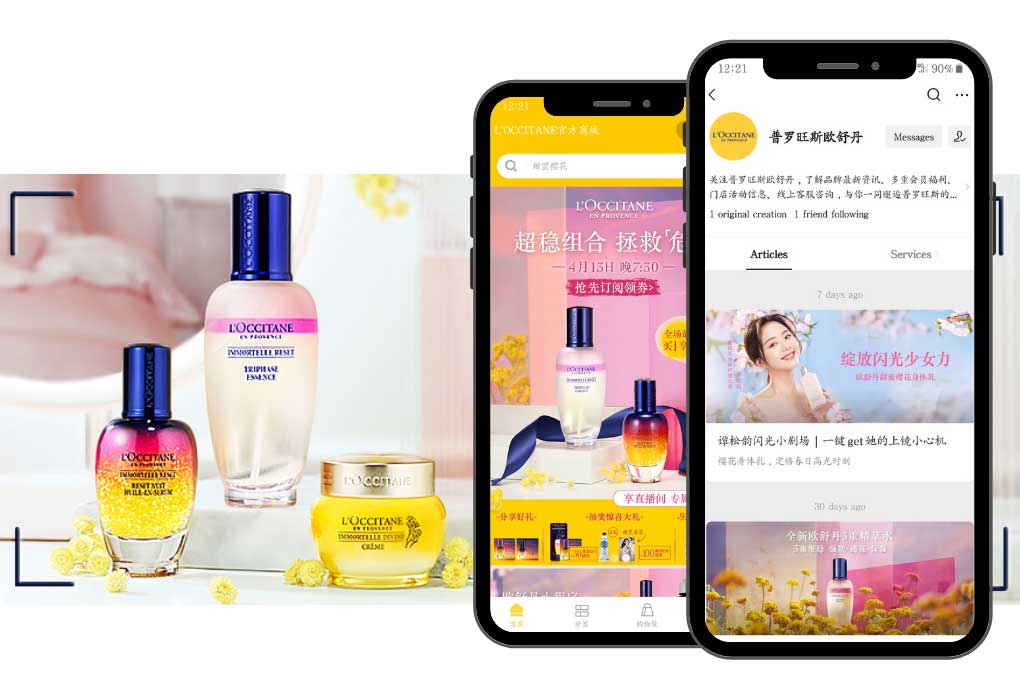
Digital and social media have a significant role in shaping green beauty trends in China, with up to 67% of Chinese beauty buyers seeking information from social media influencers. Online platforms, such as WeChat, Douyin, and Little Red Book, have become a crucial part of the industry, allowing consumers to share reviews and recommendations for natural and eco-friendly products with millions of others.
E-commerce has also made it easier for consumers to access green beauty products, as they can order them online and have them delivered straight to their homes.
This shift towards digital retailing has helped brands reach out to more conscious consumers throughout China’s vast geography without worrying about finding physical store locations.
To keep up with these trends, it’s important for brands to have a strong online presence and engage with social media influencers to promote their products.
Small niche sites focused on sustainable personal care are emerging to offer curated product options vetted for safety standards, despite challenges such as counterfeit goods and trust issues involving third-party sellers on large marketplaces like Alibaba or JD.com. These sites support smaller businesses and ensure customers get exactly what is advertised.
E-commerce And The Green Beauty Sector

With online shopping becoming increasingly popular in China, it’s no surprise that the cosmetics industry is being impacted as well.
E-commerce platforms are providing a platform for the beauty community to exchange experiences and recommendations about sustainable or eco-friendly products.
This shift towards digital has opened up new opportunities for brands looking to break into the Chinese market. For example, L’Oreal launched its “Waterless Beauty” collection exclusively through Tmall earlier this year.
Strategies For Foreign Brands
Foreign brands seeking to enter China’s green beauty market should focus on adapting their marketing strategies to the preferences of Chinese consumers, navigating regulatory hurdles and partnering with reputable local distributors.
Navigating Regulatory Hurdles
To succeed in the Chinese market for sustainable cosmetics, it is crucial to comprehend the regulatory framework.
Although the demand for eco-friendly products is rising fast, foreign companies may encounter obstacles due to China’s distinctive cosmetic regulations.
Therefore, brands must thoroughly investigate and comprehend the Chinese regulatory environment to navigate these challenges effectively. To remain competitive in this expanding market, developing close ties with local distributors or collaborating with established domestic brands can help ensure compliance.
Understanding Chinese Consumer Preferences
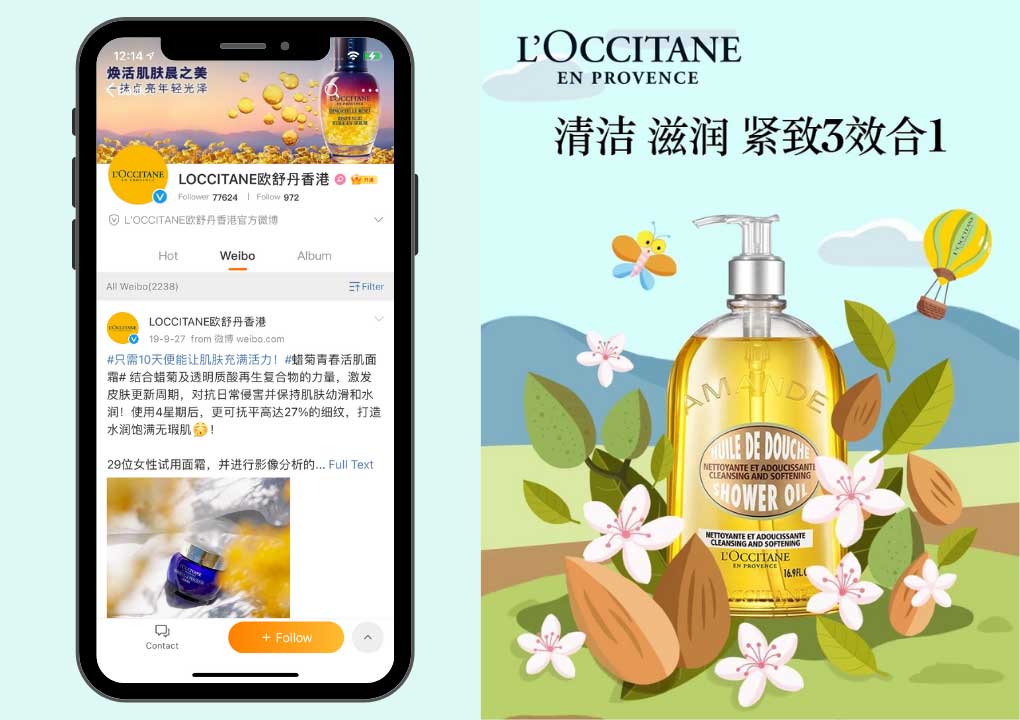
China’s growing interest in natural and organic products is driven by several factors, including increased awareness of environmental issues and a shift towards a more sustainable lifestyle.
To successfully market sustainable cosmetics to the Chinese consumer, foreign brands should emphasize organic cosmetics, natural skincare, and green beauty.
L’oreal offers an excellent example of how international companies can integrate into the Chinese market by connecting with customers’ values and preferences.
Adapting Marketing Strategies For The Chinese Market
For the Chinese market when promoting sustainable cosmetics, to adapt strategies. One effective way to do so is by collaborating with influencers who have significant followings in China.
This can increase brand visibility and credibility while also driving sales.
Another important aspect is understanding Chinese consumers’ psychological drivers and attitudes toward sustainable beauty products. A study shows that consumption values play a crucial role in purchasing decisions when switching from domestic to foreign brands in China’s cosmetic market.
Therefore, developing localized marketing strategies that resonate with these values can have a significant impact on sales growth.
We are your local partner in China!
In conclusion, the demand for sustainable cosmetics in China is growing rapidly due to increasing awareness of environmental issues and a shift towards more eco-conscious lifestyles.
The green beauty movement has created new growth opportunities for companies in the cosmetic industry, including local and foreign brands. Regulatory hurdles and limited distribution channels are challenges that need to be addressed by companies looking to enter or expand their presence in this market.

We are a China-based marketing agency offering cost-effective solutions to foreign brands interested in tapping into the Chinese market. Our team of Chinese and foreign experts has the experience and know-how needed to succeed in this lucrative, yet complicated market.
Gentlemen Marketing Agency offers many digital marketing and e-commerce solutions, such as web design, e-commerce and social media marketing strategies, localization, market research, KOL marketing, and more.
We can help you with:

Don’t hesitate to leave us a comment or contact us, so that we can schedule a free consultation with one of our experts, that will learn about your brand and present you the best solutions for your China market strategy.
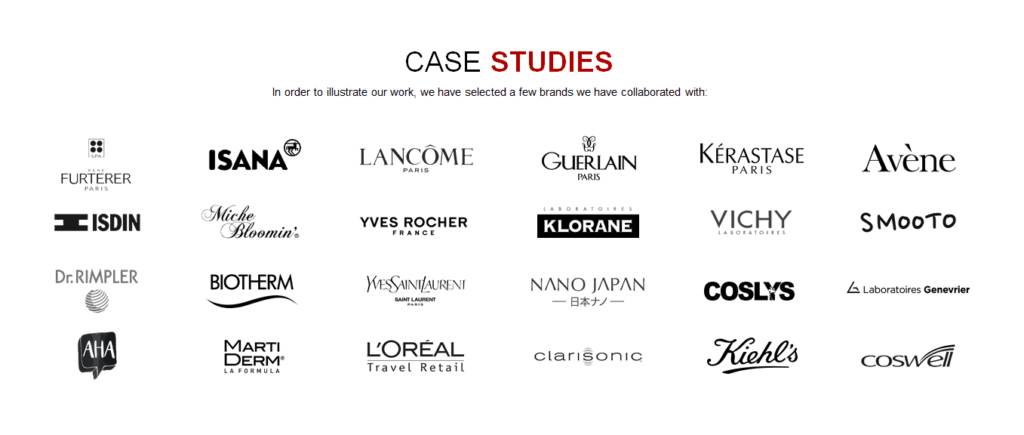

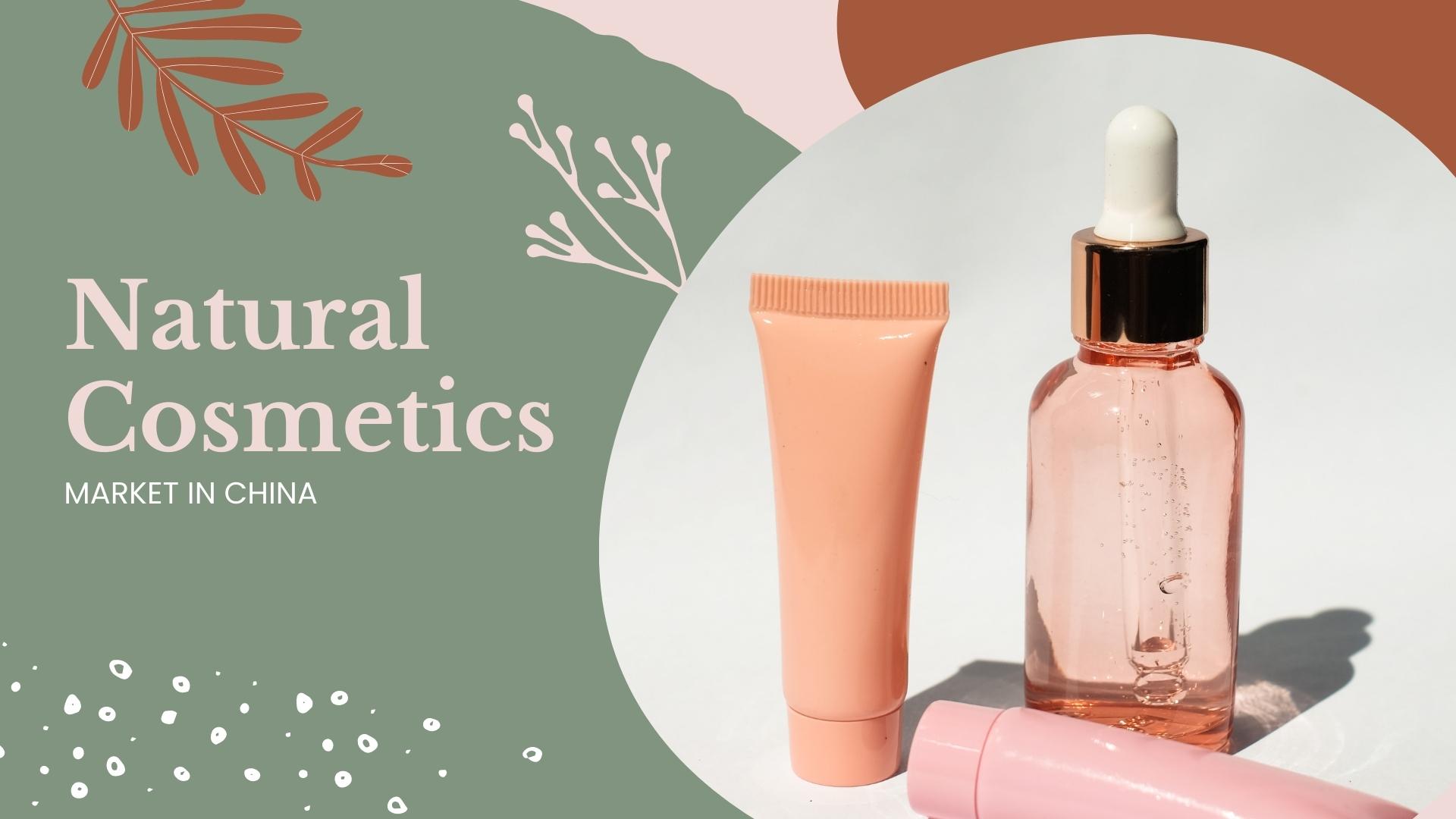
1 comment
Leonard
It makes a lot of sense that green cosmetic works in China. After all China is a country, where traditionnal medicine based on “natural” ingredient is huge and still widely used. This also explained the success of food supplement and homeopathy laboratories there.